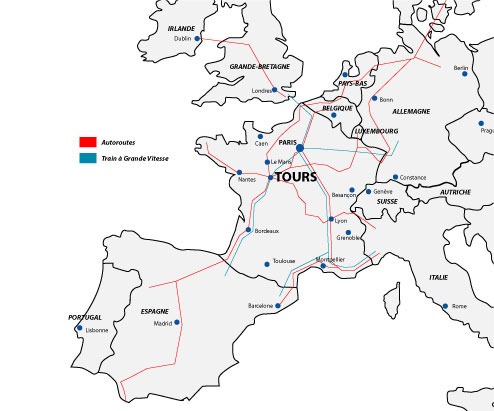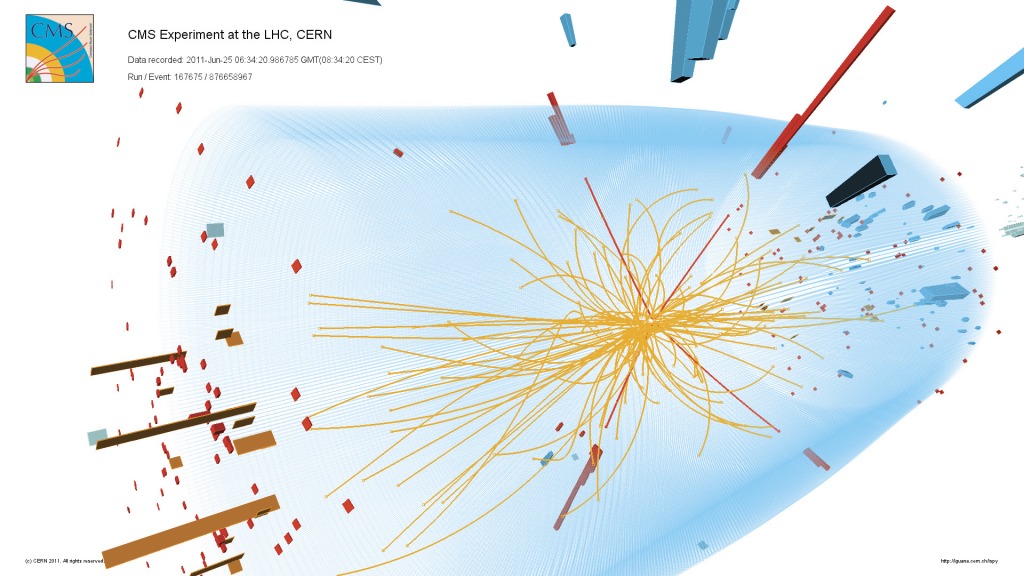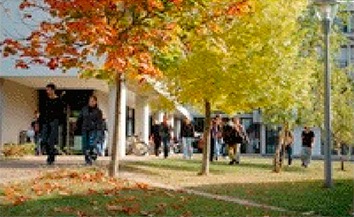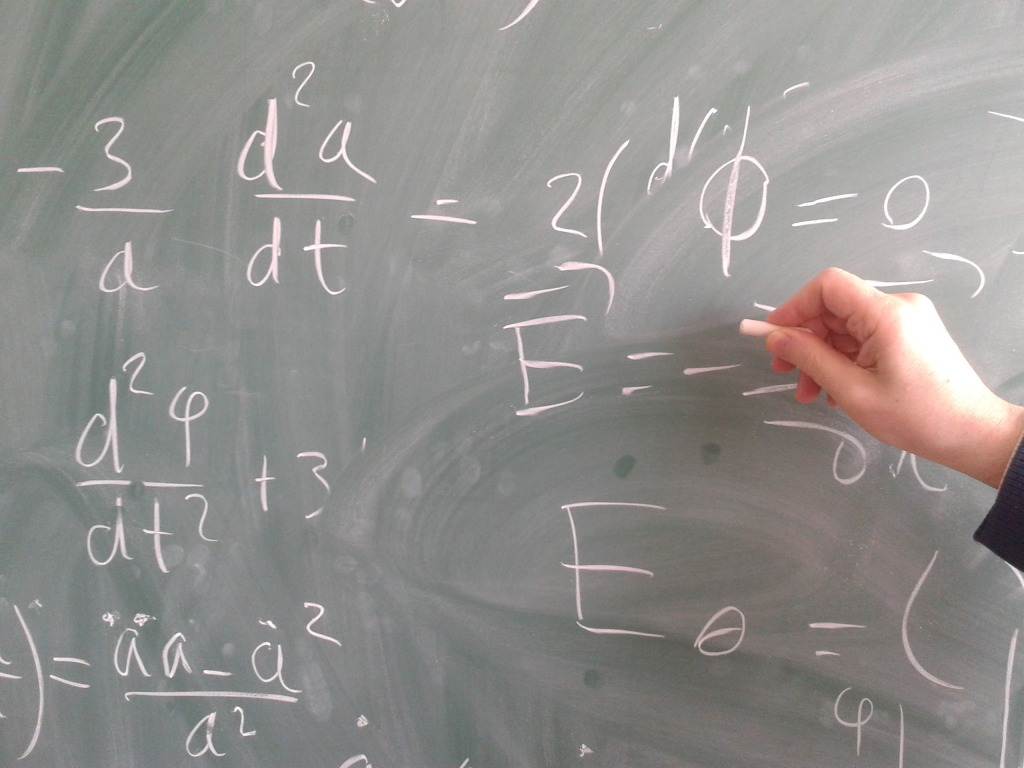
 Master of Fundamental Physics
Master of Fundamental Physics
The Master of Fundamental Physics is a prestigious degree that is specifically intended for students interested in the methods and concepts of fundamental physics in the wide range of topics concerned by non linear phenomena, including particle physics, quantum field theory, general relativity, cosmology, propagation of waves in complex media, disordered/chaotic systems.
By choosing this master’s degree, you can be assured that you will be taught by a unique blend of leading researchers of different nationalities from two laboratories (IDP and GREMAN). You will benefit from individual tutorials, advice and support from the faculty regarding your choices of courses, research internships and your overall academic future.

Located in the Loire Valley, classified as World Heritage by UNESCO, one hour away by train from Paris, Tours offers, since the Renaissance, a privileged environment for studies at the highest level in an exquisite place for cultural and sports activities.
The second year (S3 & S4) : Non Linear Physics
During the 2nd year, courses offered include:
• Introduction to the theory and to the applications of solitons
• Gravitation and relativistic astrophysics
• Collective quantum effects (vacuum, particles and fields)
• Numerical simulations
• Solitons in field theory
• Disordered systems
• Dynamical systems
In semester S4, courses comprise two electives, that end in March. Thereafter, students work on a Master's thesis project, lasting three months.
Examples of internship subjects:
• Constraints on gravitation theories from datas on galaxy clusters (Midi-Pyrenees Observatory)
• Simulating magnetization profiles (CEA)
• Vortex chaotic dynamics in superconductors (GREMAN)
• Deformation of Onsager algebra and integrable systems (LMPT)
• Hawking radiation and hydrodynamical black holes (J.-A. Dieudonne laboratory, Nice)
A predoctoral education in Fundamental Physics
The whole two years may interest graduate students but starting from the second year is also possible for suitably qualified students (the courses in the second year are taught in English). This training provides a thorough theoretical background ideally positioning the graduate for a PhD in theoretical or experimental physics (generally supported by grants in distinguished French laboratories that are accessible to almost all students of this master) or for pursuing a career outside of academia. The first year offers general lectures (continuous media, quantum physics, statistical physics, atomic and subatomic physics, classical fields, condensed matter, numerical methods) while the second year is aimed to deepen the fundamental notions of theoretical physics not only through a wide choice of advanced elective courses but, even more importantly, through the opportunity to actively participate in research projects through the senior thesis.
The first year offers general lectures (continuous media, quantum physics, statistical physics, atomic and subatomic physics, classical fields, condensed matter, numerical methods) while the second year is aimed to deepen the fundamental notions of theoretical physics not only through a wide choice of advanced elective courses but, even more importantly, through the opportunity to actively participate in research projects through the senior thesis.
Note that in Tours, students may find easily an individual accommodation for less than 400€/month.
Some grants are also available that cover a significant part of these expenses.
Tuition Fees
As this is a French National Master program, academic tuition fees are fixed annually by the government, they are approximatively 450€/year, including student’s health care insurance.
Some grants are also available that cover a significant part of these expenses.
Academic requirements - Deadlines
A level corresponding to 180 ECTS (3 or 4 years in a higher education institution) in an academic program in Physics (or in some cases in Mathematics) including basic knowledge of Quantum Mechanics, Statistical Mechanics, and Linear Algebra is required for all students.

Courses are scheduled to start mid September. We strongly recommend that Non-European candidates apply early enough. In particular, countries concerned by the online Campus France compulsory procedure should contact their local Campus France Agency to check for the updated deadline (around end of March). In addition, attention should be paid to deadlines of different scholarship programs.
Beyond...
Examples of PhD following the master training :
• Strong interactions between cold Ytterbium atoms in Rydberg states (Aime Cotton laboratory, Paris)
• Cosmological study of Ia-supernovae in the SNFactory experiment (LPNHE, Paris)
• Numerical studies of dynamical depinning in disordered systems (GREMAN)
• Resonant tunnelling (LMPT)
• Theory of massive gravity (LMPT)

Contacts
Department of Physics
m2-physique@phys.univ-tours.fr
http://dept.phys.univ-tours.fr/formation/master-m2-physics.html
Laboratory of Mathematics and Theoretical Physics
https://www.idpoisson.fr/
Research Group in Materials, Microelectronics, Acoustics and Nanotechnologies
https://greman.univ-tours.fr/

